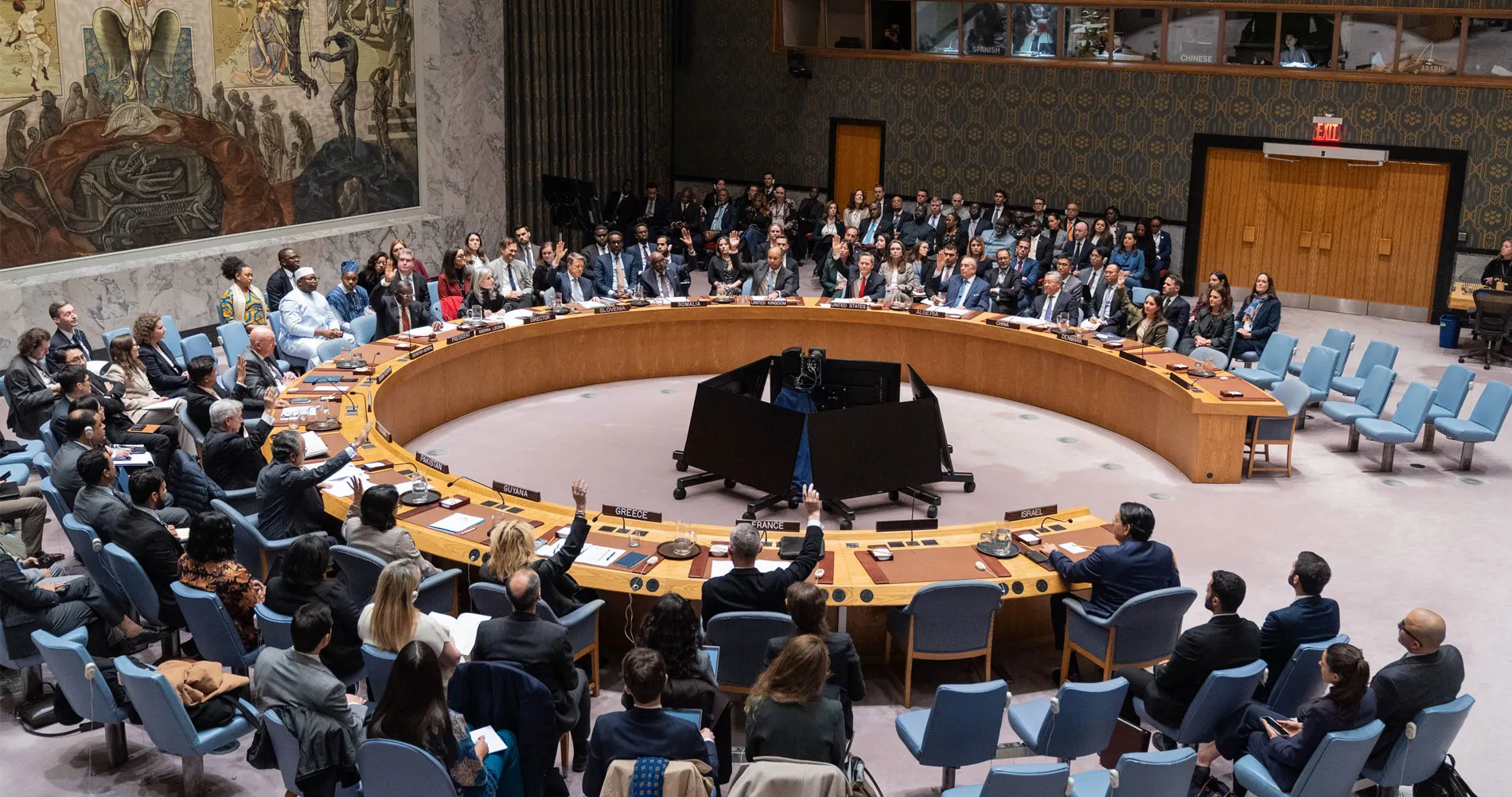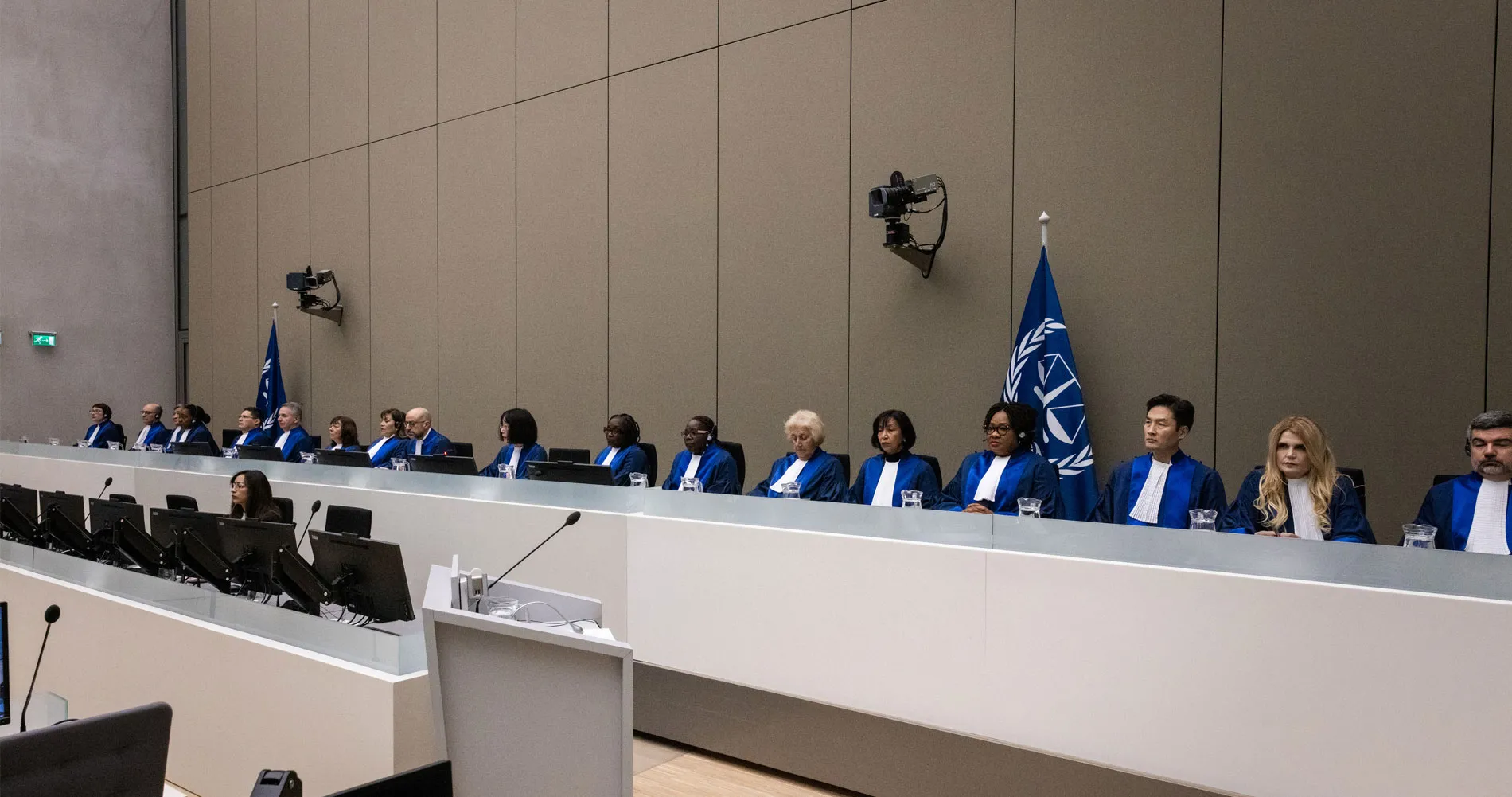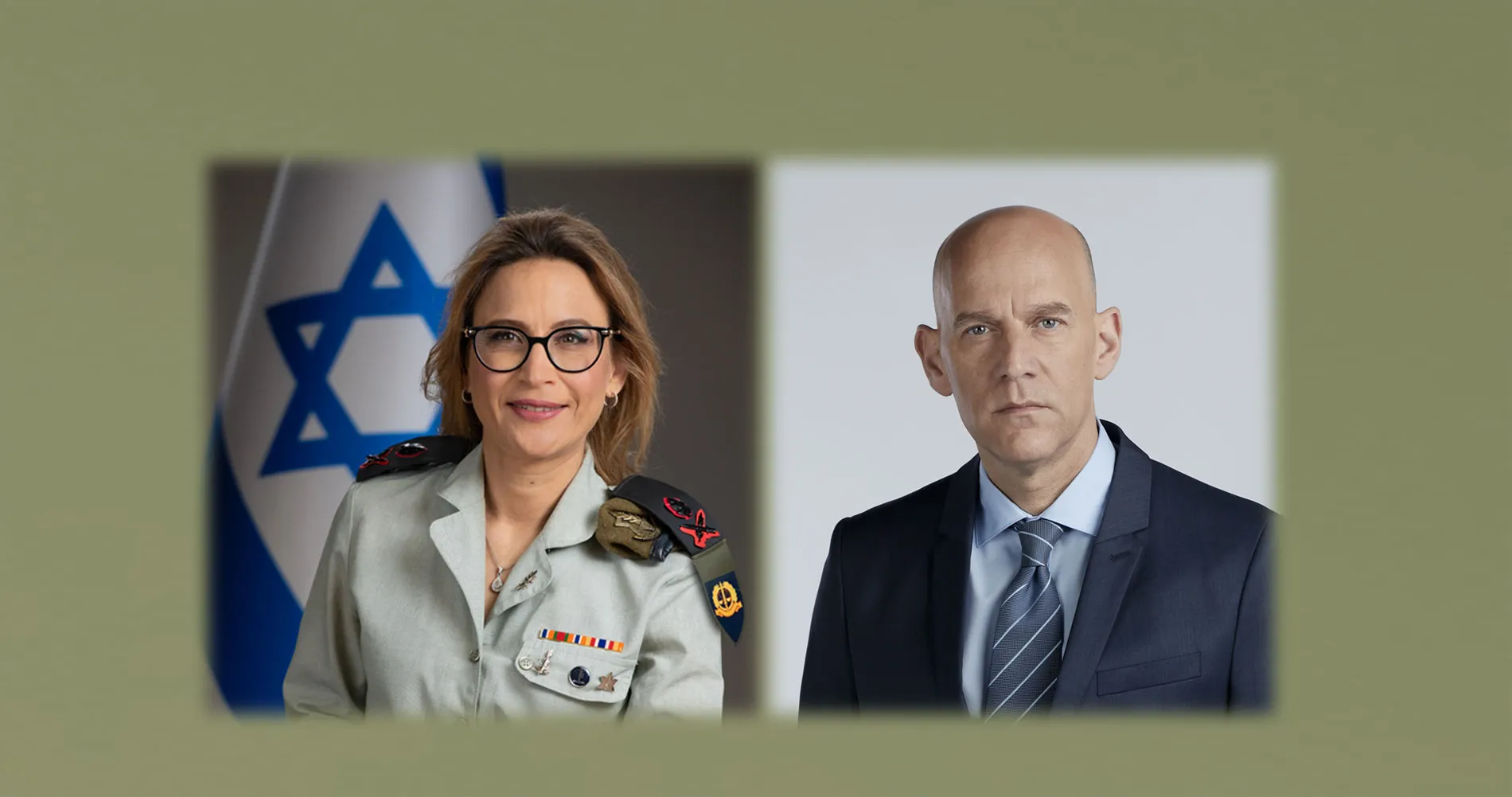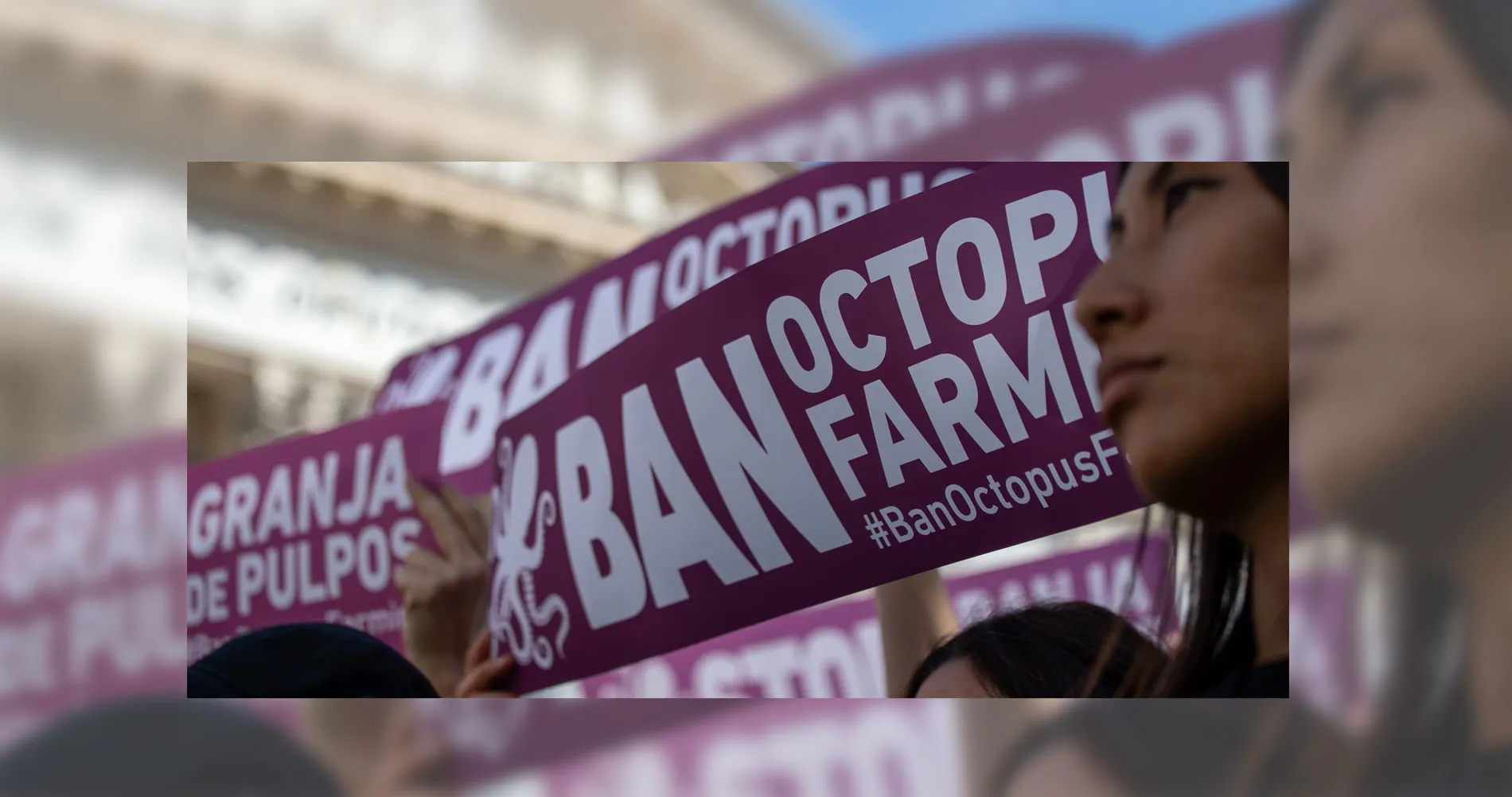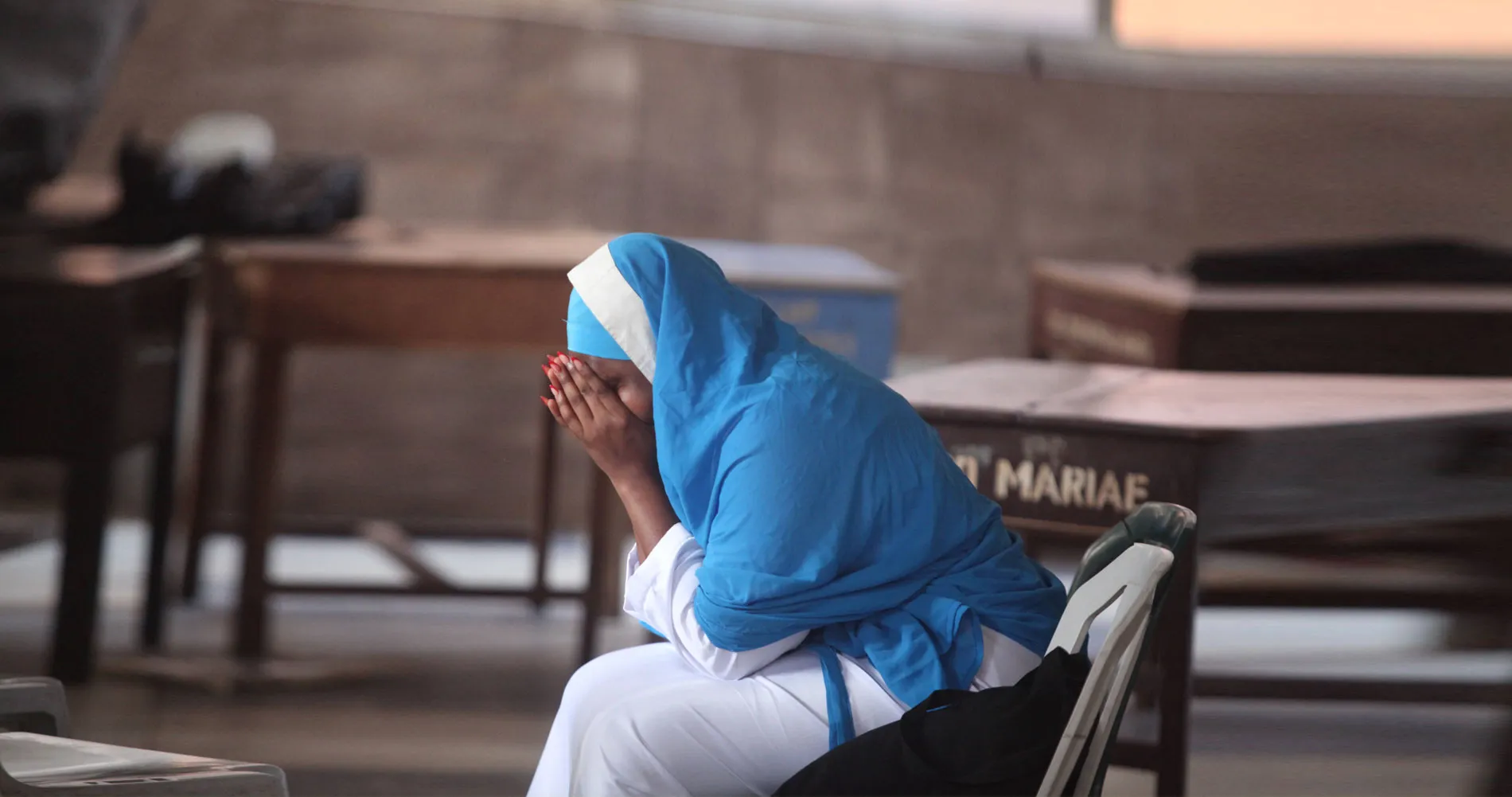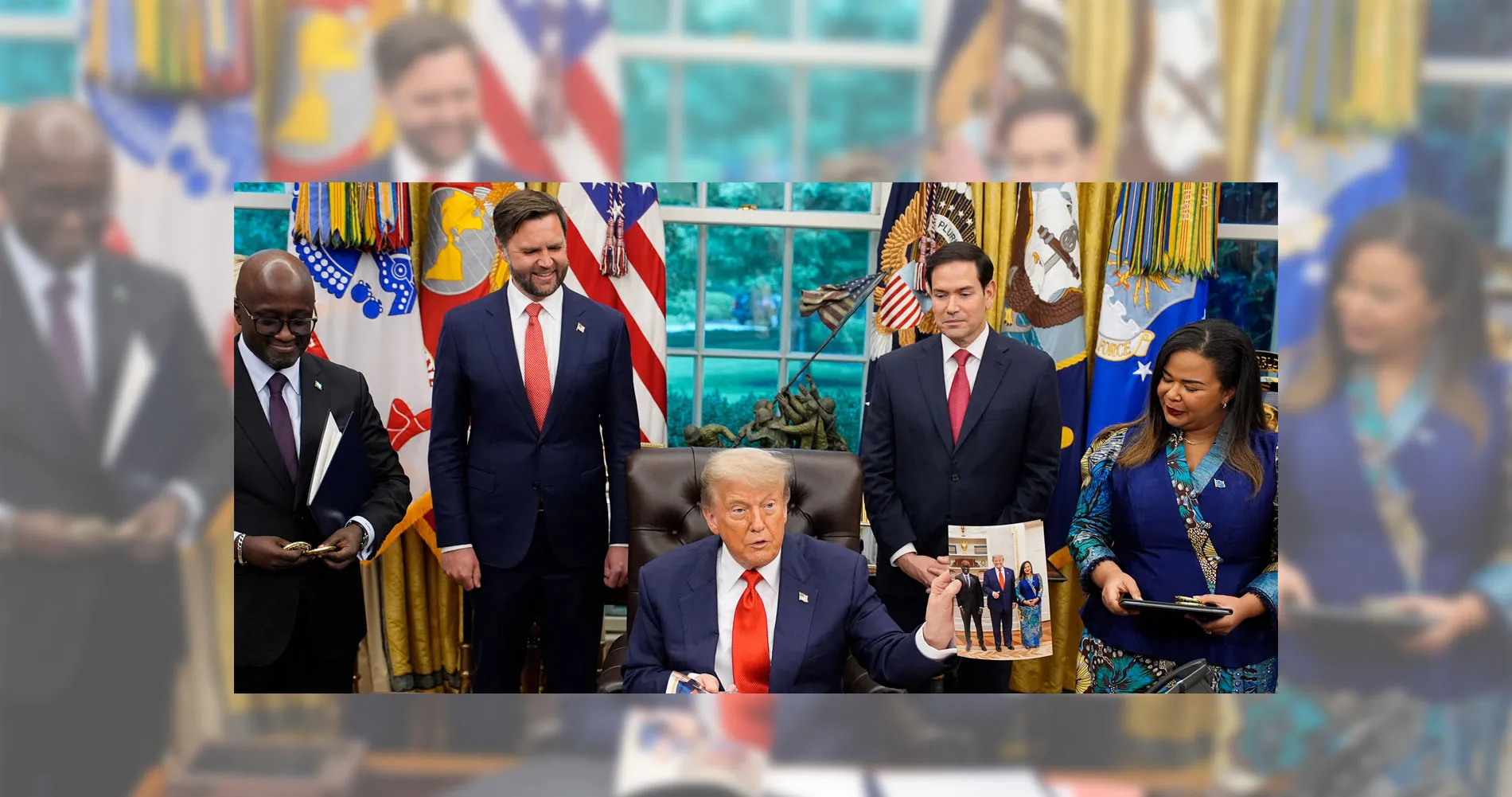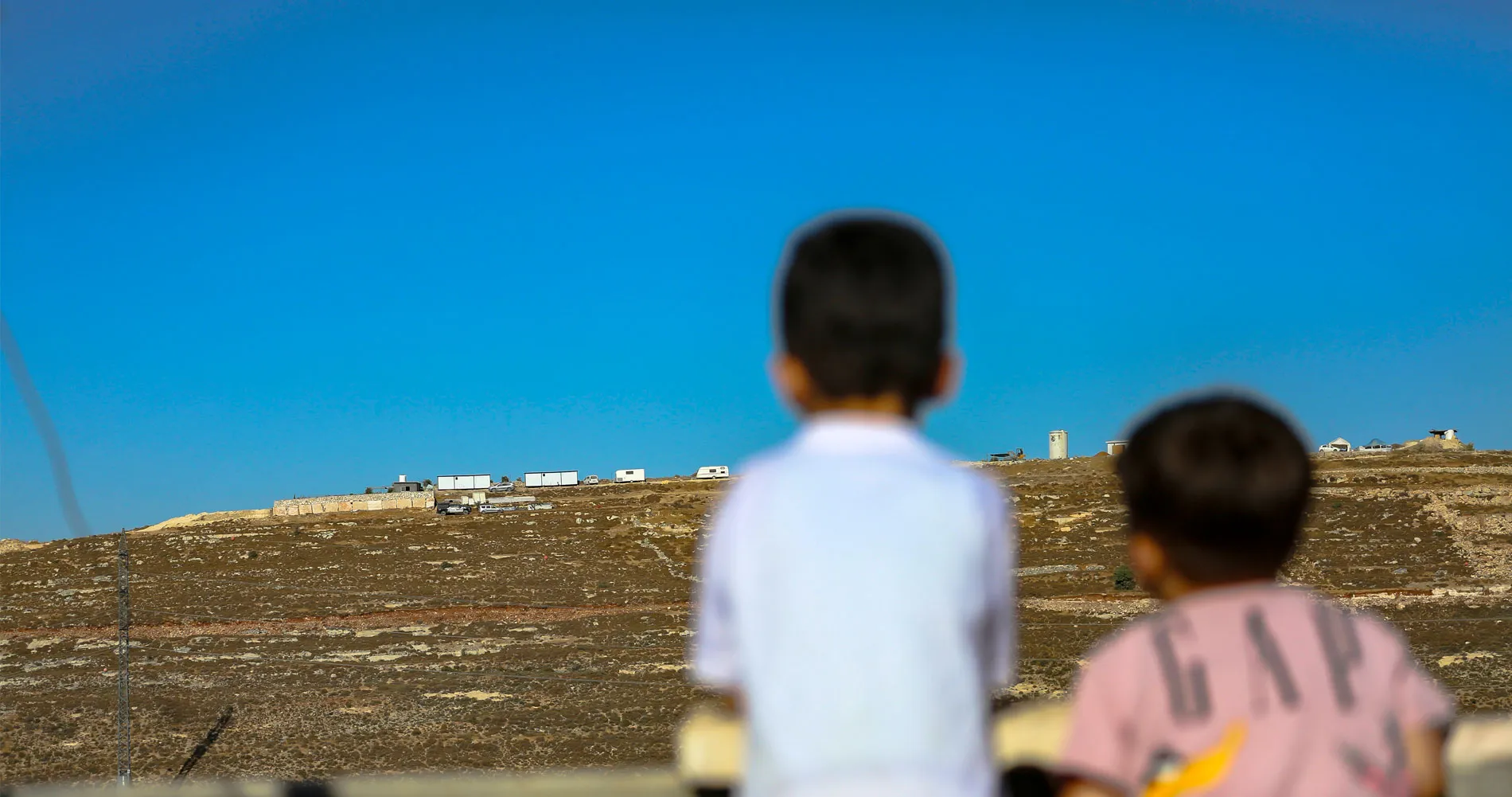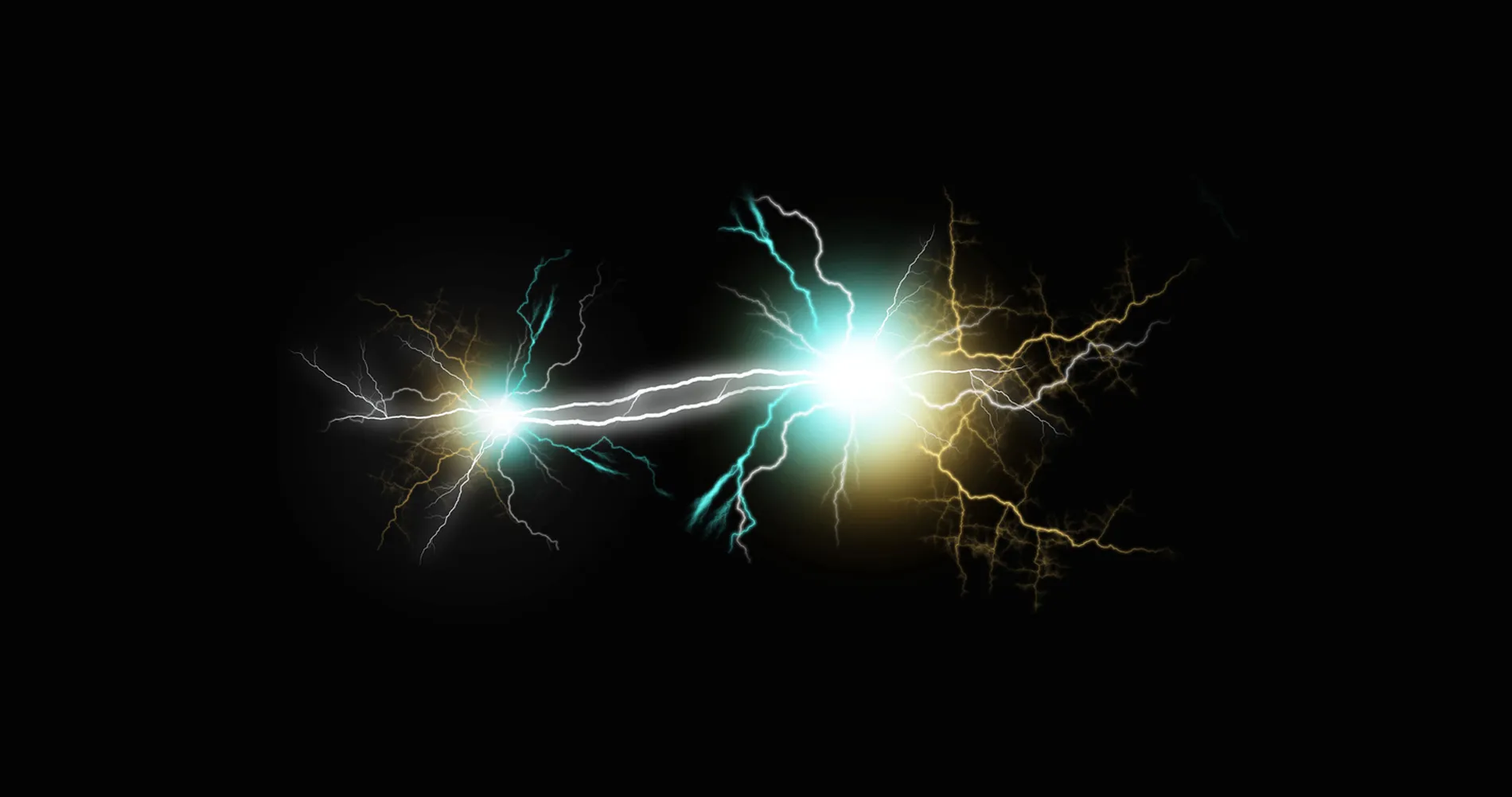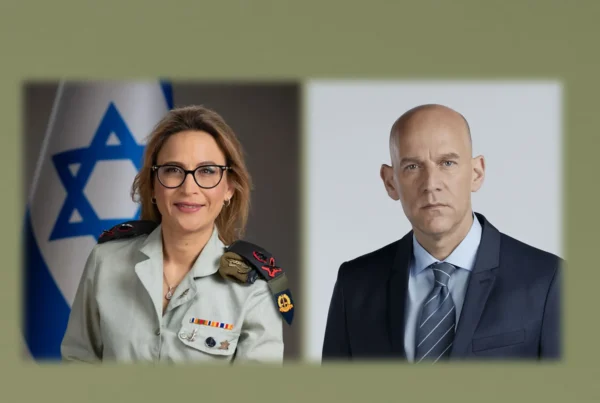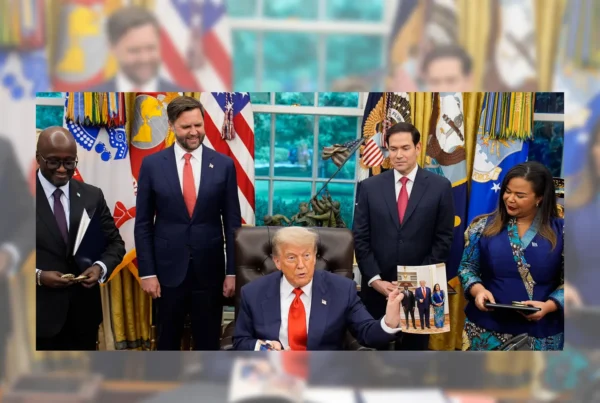The UN Security Council’s adoption of Resolution 2803 on 17 November 2025, formally established a pathway out of the Gaza conflict by endorsing a US-backed peace plan, authorizing a transitional Board of Peace (BoP) and an International Stabilization Force (ISF). This breakthrough, supported by key Arab mediators, shifts focus to the implementation phase. However, the mission faces immediate challenges: What are the implications of Russia and China’s notable absence from the vote? Who will finance Gaza’s reconstruction estimated at USD 70 billion? Who will lead Gaza after Hamas is disarmed?
Meric Sentuna Kalaycioglu
27 November 2025
After a temporary ceasefire in late 2023 and months of intense attacks on Gazan civilians, talks for a comprehensive, long-term peace plan gained significant momentum in late September 2025. This progress was driven by a major US-backed 20-point Peace Plan, which US President Donald Trump and Israeli Prime Minister Benjamin Netanyahu jointly presented at a White House press conference on 29 September 2025. The agreement on the Plan was formally signed on 9 October 2025 and took effect the very next day. Finally, on 13 October 2025, at an international summit in Egypt’s Sharm el-Sheikh, the leaders of the United States, Egypt, Qatar, and Turkey released a joint statement endorsing the Gaza ceasefire deal and committing to work toward enduring peace in the region. Being primarily brokered by Qatar, Turkey and Egypt, with the United States playing a central coordinating role, key diplomatic activity around a possible multinational stabilization force and transitional governance continued until it culminated in a binding UN resolution.
That diplomatic drive produced a major breakthrough on 17 November 2025, when the UN Security Council adopted Resolution 2803, formally endorsing the US-backed Gaza peace plan, authorizing a temporary International Stabilization Force (ISF) and establishing a transitional “Board of Peace” (BoP) to administer Gaza.
Efforts to reach a long-term ceasefire and political arrangement in Gaza have brought renewed focus on the roles of regional powers, particularly Turkey and the Arab states that have been central to diplomatic channels with Hamas and Israel. The negotiations have continued in parallel with discussions about a possible multinational force to oversee security and stabilization in the territory. Those negotiations now move into an implementation phase following the Council’s approval of the ISF and BoP mandates.
This force is still contested by Russia and China and several other Arab countries such as Algeria and the UAE in its composition and mandate, reflecting broader political divides in the region. Moscow and Beijing abstained from the vote, both later coitizing the resolution’s vague wording and the lack of clarity over the ISF and BoP’s structure, membership criteria and mandate. These differences have placed Turkey in a complex position as it seeks, with justification, involvement in the peace process, even as Israel has made it clear that Turkish participation is not acceptable under current conditions.
During consultations led in part by the US, countries such as Indonesia, Qatar, Egypt, the UAE and Azerbaijan have been approached to consider joining a possible stabilization mission. With Resolution 2803 now in force as of 17 November 2025, these consultations have shifted toward concrete commitments, although no country has yet formally announced troop contributions. The US has further formalized this effort by drafting a United Nations Security Council (UNSC) resolution proposing a two-year mandate for both a transitional governance body and an International Stabilization Force (ISF) in Gaza. This draft is now the basis of the adopted resolution, with the mandate extended until December 2027.
Recently, the US, Turkey, Pakistan and a number of Arab nations — including Qatar, Egypt, Saudi Arabia, Jordan, Indonesia, and the UAE — issued a joint statement urging the “swift adoption” of the resolution that would formalize the ISF and a transitional Board of Peace. Following its adoption, these states welcomed the vote and said they would work with the Secretary General on arrangements for deployment and governance. This endorsement underscores broad regional backing for the effort and the latest draft notably states that the plan “offers a pathway to Palestinian self-determination and statehood”.
Turkey has, as with its engagement in hostage-release talks in October 2023, positioned itself as a mediator in conflicts involving Palestinian factions, maintaining communication channels with Hamas even through periods when many states avoided direct contact. At the same time, Ankara often frames its role in humanitarian and political terms, presenting itself as a passionate supporter of Palestinian political rights and reconstruction. Moreover, Turkey, working alongside Arab mediators and the US, is actively mediating a safe exit for approximately 200 Hamas fighters remaining in fortified tunnel positions in Gaza. This situation has complicated efforts to move the ongoing ceasefire negotiations to a phase focused on securing a permanent end to the two-year-old war.
At the core of the regional diplomacy is Qatar, which has been central to negotiations between Hamas and Israel for over a decade. Doha hosted senior Hamas political figures (including Khaled Mashal, former Chairman of the Hamas Political Bureau and current Chairman Ismail Haniyeh in various periods). Qatar has served repeatedly as the conduit for ceasefire arrangements, hostage negotiations and humanitarian transfers — roles amplified since the 2010s. Qatar has publicly welcomed the adoption of Resolution 2803 and indicated that its mediation role will continue within the UN-backed structure.
Egypt’s role remains grounded in geography and longstanding security arrangements. Cairo controls the Rafah border crossing and has often managed ceasefire frameworks between Israel and Hamas. Egypt has supported the resolution while stressing that the resolution reinforces the Palestinians’ legitimate right to self-determination.
UAE has also been active in diplomatic exchanges related to the peace plan. Initially viewed as a possible contributor to a stabilization force, the UAE recently clarified that it would not participate without a clearly defined legal structure and political roadmap for Gaza’s future governance. This position was made public on 10 November 2025. Following the passage of Resolution 2803, Abu Dhabi welcomed the vote.
The question of reconstruction is central to all discussions. Gaza has suffered severe destruction in repeated rounds of conflict and rebuilding efforts will require extensive financing, coordination and long-term engagement. According to a new assessment by the UN’s trade and development agency (UNCTAD), Israel’s war has created a “human-made abyss”, with Gaza’s economy contracting by 87% and GDP per capita falling to just 161 USD while the West Bank has also faced severe economic collapse. The report further warns that decades of development have been erased and that reconstruction costs are likely to exceed 70 billion USD over several decades. Turkey has signaled interest in contributing to reconstruction efforts, citing its experience in post-conflict environments in Libya, Syria and Ukraine. Turkish construction firms have a long record of operating in war-damaged regions and collaborating with international development funds. Ankara likely sees reconstruction not only as humanitarian engagement but also as an opportunity to reinforce its influence and economic presence in the region.
Reconstruction will depend on clarity over governance. This includes determining who will administer the territory, how security will be maintained and what political role, if any, Hamas will have in the future. The now-adopted UNSC resolution has specifically addressed this by proposing a “Board of Peace” to act as a transitional governance administration, backed by the Arab states. However, the lack of Hamas’ approval remains a core challenge to the long road to peace in Gaza.


